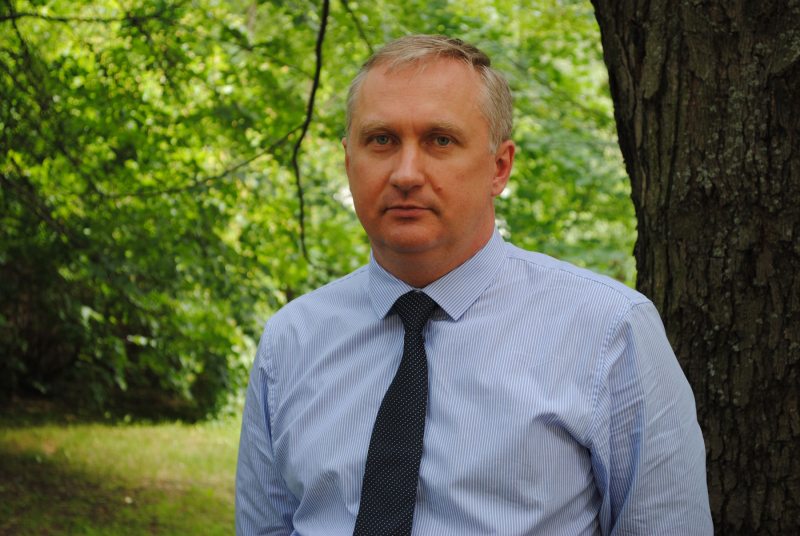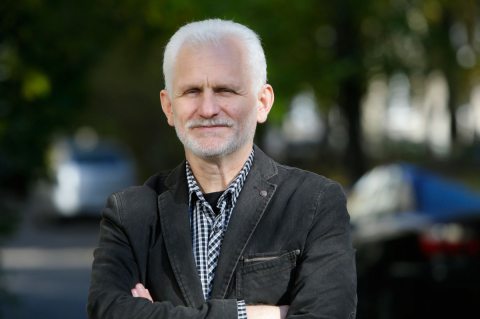Human rights activists alarmed over new wave of harassment against lawyers
The Ministry of Justice has reportedly ordered an extraordinary certification of a number of lawyers, which may void the licenses of some of them, including those involved in politically motivated cases.
According to the Human Rights Center "Viasna", the Ministry has inspected the work of the Minsk City and Mahilioŭ Regional Bar Associations. As a result, 25 lawyers will have to undergo certification.
In addition, about 60 lawyers are awaiting regular recertification, which is held every five years. They will take their tests in local bar associations. However, there is a list of eight more counsels, who will be evaluated by the Ministry of Justice in November. According to the rules, which regulate the certification procedure, it can be carried out by both the Ministry’s Qualification Commission and local bar associations. And yet, the situation does not seem so clear.
On the one hand, the certification procedures may look like ordinary procedural steps within the professional community. On the other hand, of great concern is the sudden extraordinary nature of these decisions, taking into account the vulnerability of the institute of lawyers before the Ministry of Justice.
Pavel Sapelka, a human rights activist with extensive practice of law, whose professionalism has been recognized internationally, and who himself was barred from the profession for the protection of political prisoners, has repeatedly said that any kind of recertification by the Ministry of Justice is a hidden form of pressure on the lawyers.
It is difficult to overestimate the role lawyers can play in ensuring the right to a fair trial, the human rights activist says. He recalls that the United Nations, when adopting the Declaration “Basic Principles on the Role of Lawyers”, stressed that “governments shall ensure that lawyers (a) are able to perform all of their professional functions without intimidation, hindrance, harassment or improper interference; (b) are able to travel and to consult with their clients freely both within their own country and abroad; and (c) shall not suffer, or be threatened with, prosecution or administrative, economic or other sanctions for any action taken in accordance with recognized professional duties, standards and ethics.”
“In this context, Belarusian legislation outrages anyone who understands the concept of the independence of lawyers: legally enshrined is right of the Ministry of Justice to directly interfere in the activities of the Bar and every lawyer, to deny access to the profession and to deny the right to practice law. Qualification commissions, consisting mainly of public servants, where representatives of the legal profession are in the minority, replaced the bodies of lawyers’ self-government, which are designed to monitor compliance with corporate rules. This total defenselessness of lawyers before the executive authority has plunged the institute of lawyers in Belarus in a deep crisis,” says Pavel Sapelka.
According to him, the present situation when the lawyers themselves remain silent despite the looming repression once again underscores the meaninglessness of any efforts aimed to protect corporate integrity.
“The recertification of lawyers has stirred the human rights community in Belarus. We view it as an instrument of the authorities to pressure and intimidate the independent institute of counsels. The authorities want the legal community to be plagued by an atmosphere of uncertainty and fear,” Ales Bialiatski, chairman of the Human Rights Center “Viasna”, said.
Belarusian lawyers first came under attack in 2011, which the country’s human rights community said was a retaliation for their involvement in politically motivated cases. As a result of extraordinary recertification, a number of defenders of former presidential candidates and post-election protesters were denied licenses.
“Another wave of pressure on lawyers is related to the authorities' fear of possible social protests,” Ales Bialiatski said. “The authorities would like to deprive opposition activists of professional legal defense, which will leave them one on one with the dependent judiciary.”



















